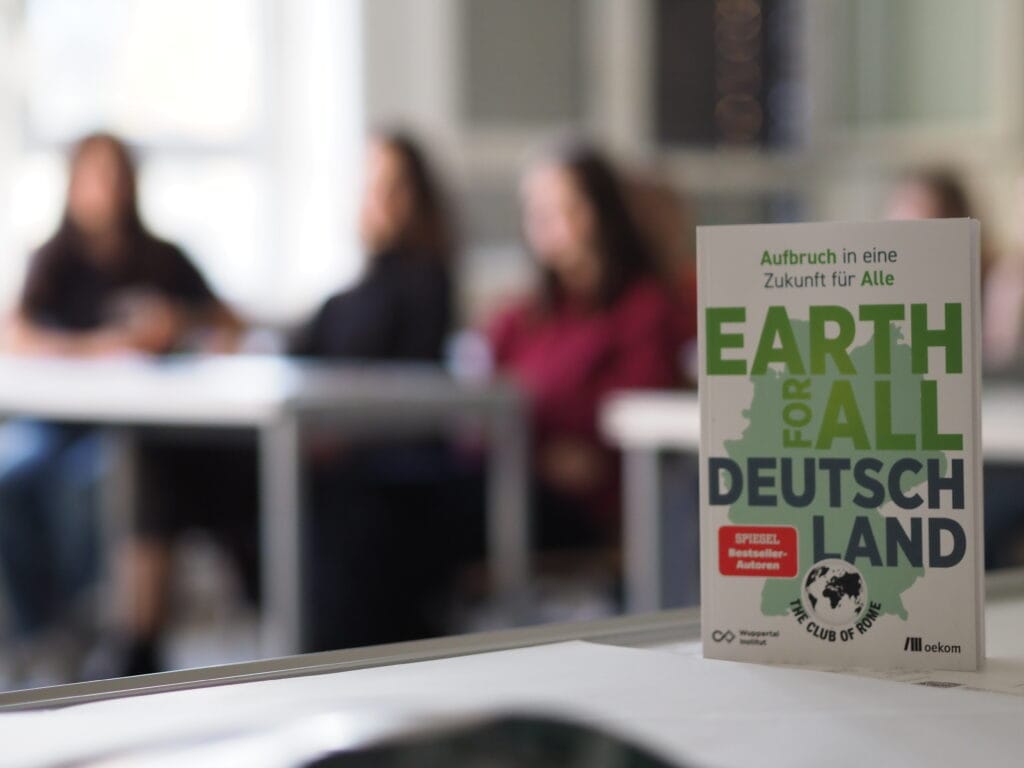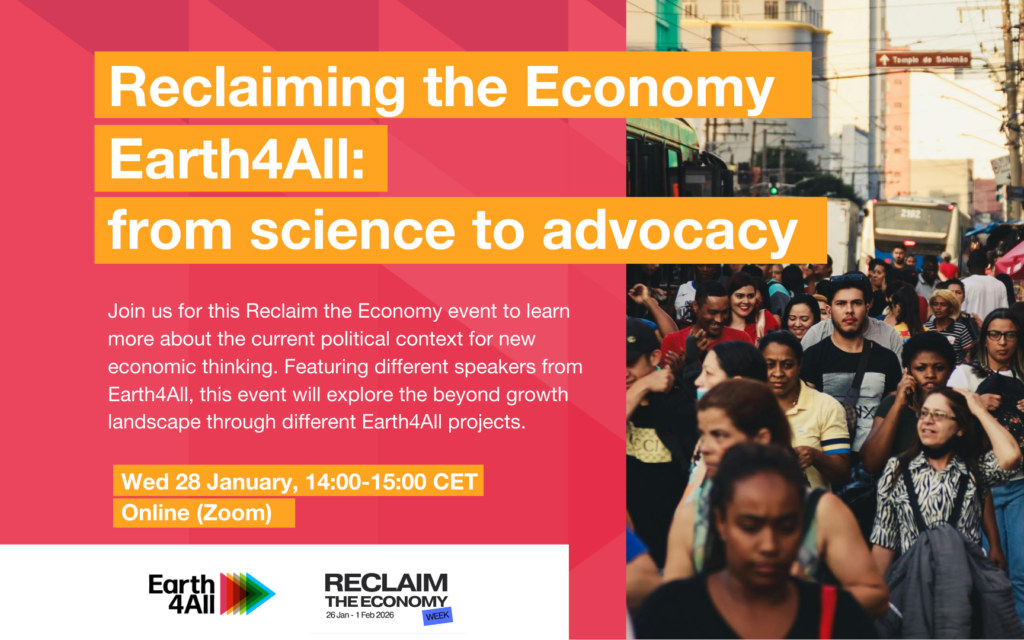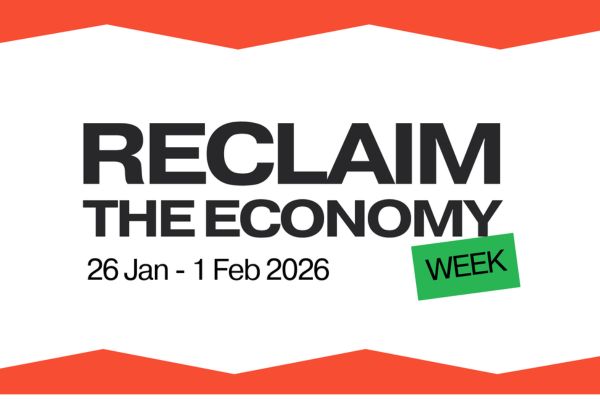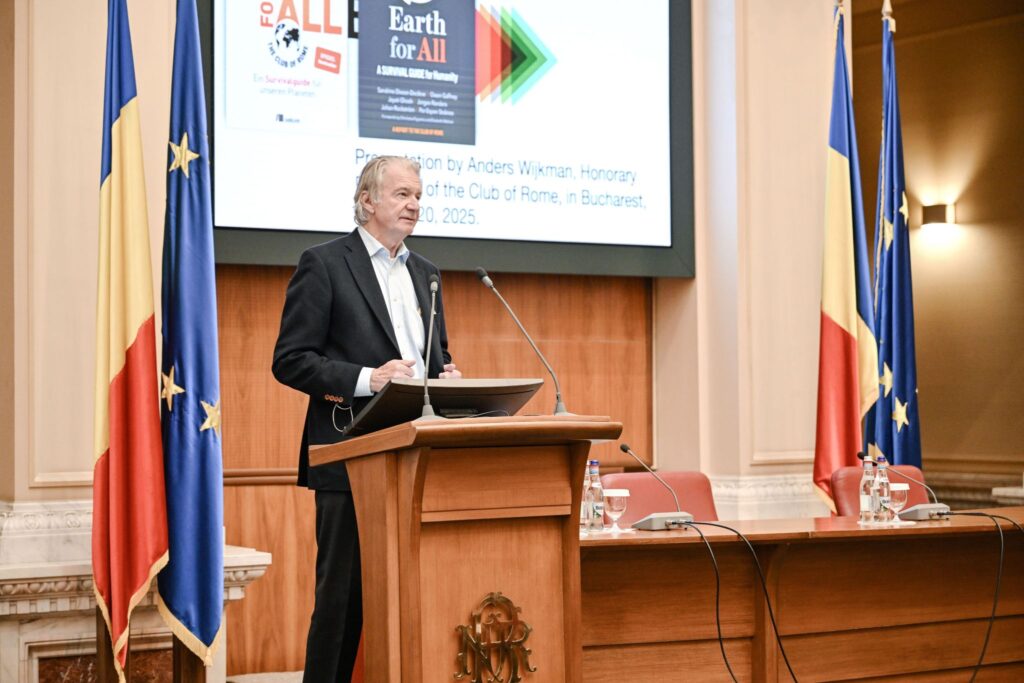Germany has a choice: prospects for a socio-ecological turnaround for the future
In October 2024, the Wuppertal Institute and the Club of Rome diagnosed the social and ecological risks of continuing on our current path in Earth for All Germany: Towards a Future for All. However, a successful change of course is possible if it is oriented towards extraordinary turnarounds in the areas of poverty, inequality, empowerment, food, and energy and the cross-cutting issue of circular economy.
In the context of the Bundestag election campaign, the Germany has a choice symposium on 5 February will bring together political decision-makers from the democratic party spectrum, leading scientists and representatives of civil society to discuss the opportunities and challenges of courageous political action for the future of Germany.
The symposium is aimed at experts from science and politics as well as interested members of the public. Registration is requested. Participation is free of charge.
Live stream
The panel discussion from 17:50 – 19:00 will be live streamed here.
Agenda
16:00: Opening and keynote speech
Prof. Dr Manfred Fischedick, President and Scientific Director of the Wuppertal Institute
16:30: Parallel sessions on the Earth4All turnarounds
- Poverty: How can financially vulnerable households benefit from more engagement in climate action?
Led by Oliver Wagner, Co-Head of the Energy Policy Research Unit at the Wuppertal Institute - Inequality: How can the costs and benefits of the various turnarounds be fairly distributed, especially given already high levels of inequality in income and wealth?
Led by Hans Haake, Senior Researcher in the Urban Change Research Unit at the Wuppertal Institute - Empowerment: What role does care work play in a welfare-oriented society? What synergies arise with the other turnarounds?
Led by Jacqueline Klingen, Researcher in the Research Unit Energy Transition International at the Wuppertal Institute - Food: How can a sustainable and healthy diet be made possible for all, and what synergies arise with the other turnarounds to promote social justice and ecological goals?
Led by Lena Hennes, Senior Researcher in the Product and Consumption Systems Research Unit at the Wuppertal Institute - Energy: The electricity transition is progressing, the transport and building transitions are floundering. What synergies between the transitions can help accelerate their implementation?
Led by Prof Dr Peter Hennicke, Senior Advisor at the Wuppertal Institute - Resources: Resource consumption is stagnating at a high level, while the circular economy is only making slow progress. What synergies between the turnarounds can help to reduce resource consumption?
Led by Dr Monika Dittrich, Head of the Circular Systems Research Unit at the Wuppertal Institute
The results of the discussions will be included in the final political panel.
17:30: Break
18:00: Panel discussion: Earth4All Germany – perspectives for a socio-ecological transition
Moderated by Petra Pinzler and including Wiebke Winter (CDU), Andreas Audretsch (Bündnis 90/Die Grünen), a representative of SPD.Klima.Gerecht and Barbara Metz (Deutsche Umwelthilfe).
Finger food, coffee and cake will be provided.




